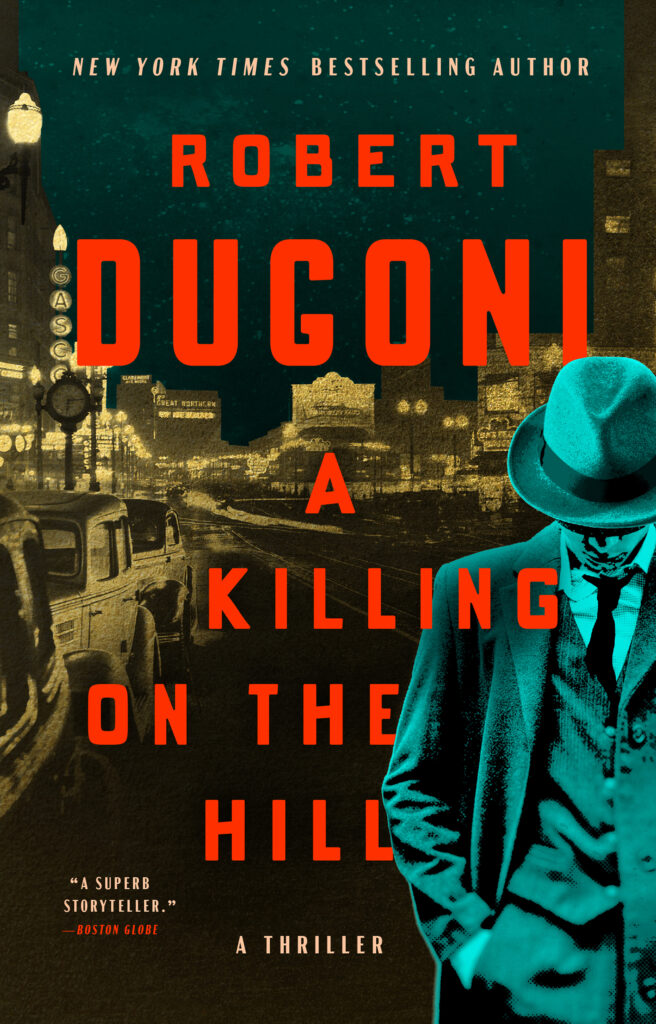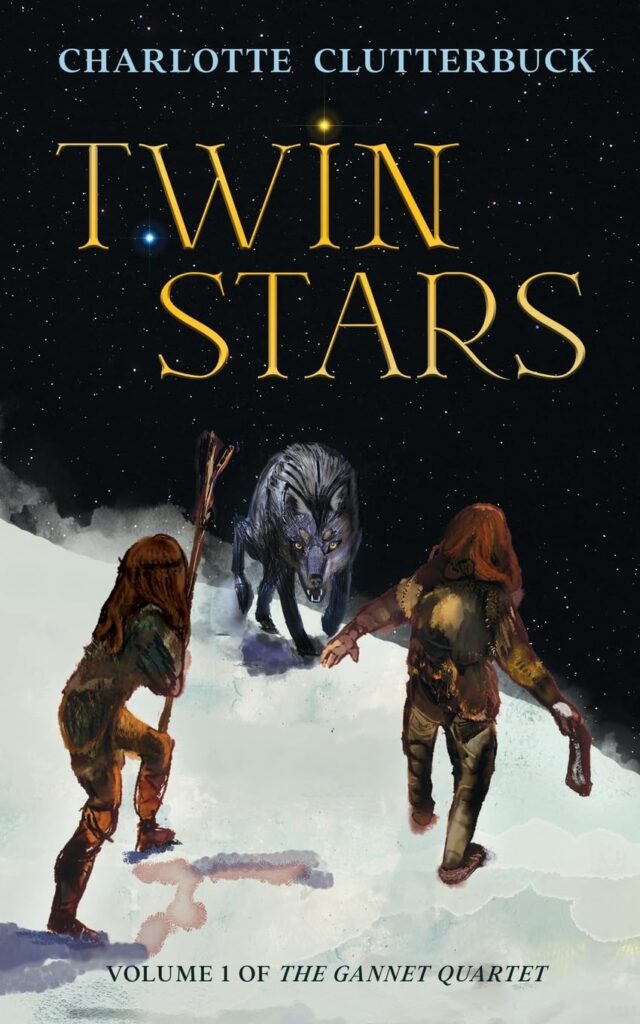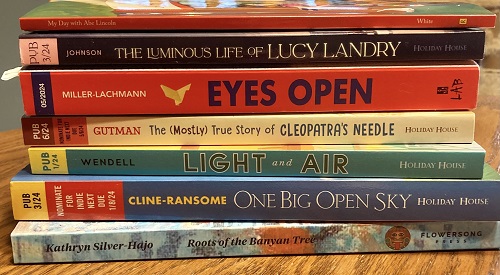Disaster Was My God: A Novel of the Outlaw Life of Arthur Rimbaud
While most readers can probably identify Rimbaud as a decadent French poet and many will be aware of his scandalous sexual behavior, it’s likely that only a few know about his life as a gun-runner in late 19th-century Africa. Bruce Duffy’s portrait of this complex man brings together the wide-ranging lives of Rimbaud.
From the farm in Ardennes, where he was raised by a mother in equal parts domineering, penurious, and religious, to the streets of Paris and London, where he was both the toast and the scourge of the town, to the treacherous deserts of Yemen and Ethiopia, we meet Rimbaud at several stages of his life. The structure of the novel is notable: sections within chapters are written through the lens of several timelines, each of which shows Rimbaud at a moment of transformation, and all of which converge at his death at the age of 37 from cancer.
Many segments are written from the perspective of those influential in Rimbaud’s life, including his mother, his married lover Paul Verlaine, and his sister Isabelle, who became his biographer. Interspersed throughout the fiction are snippets of verse from Rimbaud and Verlaine; Duffy does a superb job of creating context for the poems, providing some welcome explication. Rimbaud gave up writing poetry at the age of 21, so his entire oeuvre spans only a few years, yet it influenced artists and literary movements well into the 20th century. That influence can be seen here through Duffy’s fine prose, in the nearly-but-not-quite repentant Rimbaud being carried through the desert by highly-paid servant-protectors, and in the mischievous teen pilfering valuables from Verlaine’s pretentious mother-in-law.
This wide-ranging novel provides an evocative picture of not just an individual, but an entire era.










